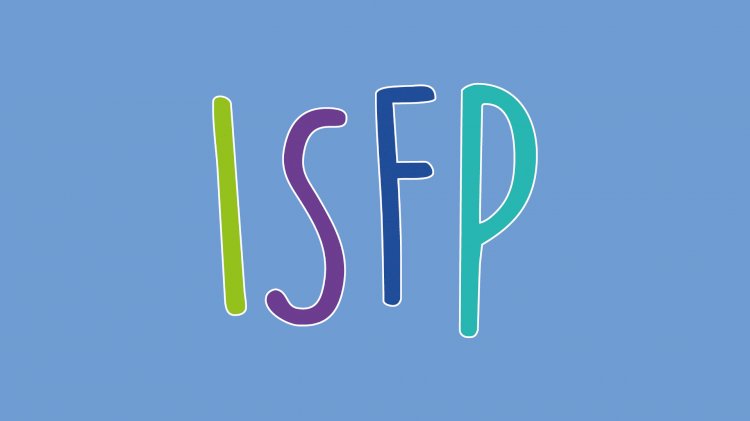Personality Introverted Sensitive Feeling Perceptive
ISFP stands for Introverted, Sensitive, Feeling, Perceptive and represents the preferences of the individual in the four dimensions that characterize the personality type, according to the theories of the personality type of Jung and Briggs Myers.

Characteristics of the ISFP personality
ISFPs are the first to go against the grain. Many eagerly indulge in new fads, cutting-edge experiences, "cool" trends - some even set the trends.
Because they are more in touch with the reality of their senses than their INFP counterparts, ISFPs live in the here and now. Their urges long to be free and are often unleashed when others least expect it. The ISFP that continually represses these impulses feels "dead inside" and may eventually go away. (An ISFP friend has left out of ambulance a few years ago. Still, without reflection, he leaves his house in the middle of the night and goes to Las Vegas or wherever despite the difficulties of his physical condition).
ISFPs can be quite charming and ingratiating at first sight, filling in compliments that may (or may not) be deserved. At other times, the same individual can be distant and objective. Some ISFP males are fiercely competitive, especially in board games or sports, and it can be very difficult for them to lose. This competitive nature, which is also seen in other SP types, sometimes fosters "gut" feelings of "luck" and a willingness to take risks.
Organized education is difficult for most ISFPs and many stops going to school before finishing secondary school. Their interest can best be maintained through experiential learning, in which many excel. ISFPs practice playing an instrument or polishing a favored skill for hours on end, not so much for practice but for the joy of the experience.
Differential diagnosis:
ISFPs are less fantasy-oriented than INFPs. However, one type is often confused with the other. INFPs lean heavily toward daydreams, poetry, prose, and more philosophical activities; ISFPs often live the "id" experiences instead of writing or even talking about them.
ISFJs are driven by the conventional, what "should" or "should" be done; ISFPs internalize their Sentiment (which is a judicious function by nature) that comes in suddenly and comes out as fast and as mysteriously as it came.
Because of these variant expressions of Sentiment judgment, ISFPs are sometimes confused with ESFJs, but remain more distant as they more often disguise the feelings that ESFJs are likely to expose.
ESFPs express thoughts more easily (and usually skillfully). ISFPs can and do perform admirably when they are in the spotlight, but they generally don't have much to say about acting. For example, few ISFPs would be disc jockeys, a field strongly represented by ES_P.
What is your personality type?
What is your personality type? Find out by downloading Career Test
ISFP career options
ISFPs are often found in occupations involving customer communication or occupations that require a good sense of aesthetics, such as customer service roles, sales associate roles in the store (where aggressive sales are not required). Child care is a favorable area for ISFPs. Working with data and spreadsheets is also appropriate. ISFPs can pursue their aesthetic skills in art, design, and creative media companies.
We recommend taking the M.G M.M test in the Caree Test app to obtain a more specific list of careers.
What's Your Reaction?


















